

Arranged or Love Marriage: Exploring the Benefits and Drawbacks of Both Types of Marriage
Estimated Reading time: 10 Minutes
"A successful marriage requires falling in love many times, always with the same person." – Mignon McLaughlin
Choosing between arranged or love marriage is a significant decision for many individuals around the world. Each marriage type offers unique characteristics and implications, making it essential to understand their respective benefits and drawbacks. This blog post aims to provide a comprehensive analysis of both arranged marriages and love marriages, helping you make an informed choice about which path may be right for you.
Understanding the Types of Marriage
What is an Arranged Marriage?
An arranged marriage is a marital union where families play a central role in finding and approving potential partners. Traditional norms dictate that families consider various factors such as social status, cultural background, and compatibility before making a match. Often, individuals involved may have limited interactions with one another prior to the marriage.
Historically, arranged marriages have deep roots in many cultures, especially in Asia, the Middle East, and Africa. In these societies, they preserve traditions, family honor, and ensure social compatibility, fostering stability for the couple. Families typically assess compatibility through various lenses, including education, family values, and sometimes even astrological compatibility.
Modern adaptations also exist. Today, many families utilize matrimonial websites and professional matchmakers to facilitate arrangements that might suit contemporary views while still honoring cultural traditions (Why should we have own personalized Wedding Website). As one source discussed, “Arranged marriage refers to a system where families... play a central role in finding and approving marriage partners” (Imperial Matrimonial).
What is a Love Marriage?
In contrast, a love marriage is a union based on personal choice, where individuals select their partners through mutual affection and emotional connection. This type prioritizes individual preferences over familial consent or traditional expectations, which means couples typically know each other well before deciding to marry.
The key characteristics of love marriages include a strong emotional foundation built on romantic feelings, shared hobbies, values, and two individuals’ compatibility. As stated in the research, “Love marriage is founded on personal choice and romantic attraction..." (Imperial Matrimonial).
As you can see, both arranged and love marriages present unique elements, leading us to explore the benefits of each in depth.
Benefits of Arranged Marriage
Family Support and Involvement
One of the most significant advantages of arranged marriages is the robust support system often provided by both families. In arranged marriages, families guide couples through the challenges they may face, reinforcing commitment and offering wisdom. Families can mediate conflicts and provide encouragement, creating a more stable relationship environment.
Research suggests that “family support and involvement create a robust support system, offering stability...” (Imperial Matrimonial). Having families involved in the marriage can lead to strong foundations, nurturing relationships over time. Additionally, this support aligns with principles outlined in our Guide to a Happy Married Life for Newly Married Couples.
Shared Cultural and Social Backgrounds
Couples who enter into arranged marriages frequently share similar cultural and social backgrounds. This shared heritage fosters a strong sense of belonging and reduces misunderstandings, allowing for smoother integration into each other’s families and social circles.
The compatibility that arises from shared backgrounds can make navigating family traditions much easier. As noted, “Shared cultural and social backgrounds often result in smoother integration between families...” (Imperial Matrimonial). For more insights on cultural aspects, refer to Why Indian Weddings are so Special.
Potential for Lower Divorce Rates
Numerous studies have indicated that arranged marriages tend to have lower divorce rates. This trend can often be attributed to the strong family support systems, societal pressures to maintain the union, and carefully matched compatibility. As described in the research, “Arranged marriages have historically reported lower divorce rates...” (Antarmanh).
Understanding these advantages allows individuals to appreciate how arranged marriages may often lead to long-lasting unions that might defy common expectations.
Drawbacks of Arranged Marriage
Lack of Personal Choice or Freedom
While arranged marriages come with definitive benefits, they do present potential drawbacks as well. One notable concern is the limited personal choice involved in selecting a partner. Individuals may feel they have little say in who they marry, which can lead to resentment if the match does not meet emotional or personal desires.
As discussed, “The process may limit personal choice or freedom, potentially leading to feelings of restriction...” (Imperial Matrimonial).
Pressure from Families and Societal Expectations
Many individuals in arranged marriages experience significant pressure from their families and societal expectations to maintain the relationship, regardless of personal happiness. This pressure can lead to couples feeling trapped in relationships that may no longer serve them.
“Individuals may face substantial pressure from families and societal expectations...” (Imperial Matrimonial). It’s crucial to recognize how this pressure might affect mental and emotional well-being.
The Challenge of Adjusting to an Unfamiliar Partner
Finally, in an arranged marriage, couples may find themselves struggling to build intimacy with someone they barely know. Adjusting to an unfamiliar partner requires significant time and effort, making it difficult to develop trust and emotional connection right away.
“Adjusting to an unfamiliar partner can be challenging...” (Antarmanh). This slow process of getting to know one another can impede the couple’s ability to authentically connect early in the marriage.
Benefits of Love Marriage
Personal Choice and Emotional Connection
The most significant benefit of a love marriage is the personal choice involved in selecting a partner. Individuals in love marriages choose based on their feelings, allowing for deep emotional connections and mutual attraction that form before commitment.
“Personal choice and emotional connection are central...” (Imperial Matrimonial). This dynamic can result in a strong foundation for the relationship.
Compatibility Based on Personal Preferences
Since partners in love marriages often get to know one another well during dating, they can discover shared interests, values, and lifestyles. This compatibility can lead to a greater likelihood of long-term satisfaction and happiness in the relationship.
As highlighted in the research, “Partners enjoy greater flexibility in structuring their relationship dynamic...” (Imperial Matrimonial).
Higher Long-term Satisfaction
Studies suggest that love marriages report higher levels of long-term satisfaction. The emotional bonds formed prior to marriage can create a deeper understanding and appreciation for one another. Individuals in these unions often cite their ability to communicate better and share their experiences as primary reasons for their satisfaction.
“Love marriages often report higher long-term satisfaction...” (Vows for Eternity). This insight encapsulates why many choose the path of romantic love.
Drawbacks of Love Marriage
Risk of Not Having Family Support
One of the primary drawbacks of love marriage is the risk of lacking substantial family support. If families disapprove of the union, the couple may face significant challenges, leading to feelings of isolation and stress.
“Couples may lack robust family support...” (Imperial Matrimonial) and this lack of backing can affect the marriage profoundly.
Idealistic Expectations vs. Reality
Couples in love marriages may have idealistic views of their relationship that clash with the reality of married life. When the initial romantic excitement wears off, they may feel unprepared to handle challenges.
“Idealistic expectations may clash with the realities of married life...” (Antarmanh). This disconnect can lead to disappointment, stress, and conflict.
Possible Cultural or Social Conflicts
Love marriages may sometimes cross cultural or social boundaries, leading to conflicts with extended families or communities. Navigating these tensions can require resilience and strong communication skills.
As noted, “Cultural or social conflicts may arise, particularly if the union crosses traditional or religious boundaries...” (Vows for Eternity). Being aware of potential cultural pressures allows couples to proactively address them.
Comparative Analysis
| Aspect | Arranged Marriage | Love Marriage |
|---|---|---|
| Partner Selection | Family/Intermediary selects based on compatibility factors. | Individuals choose based on personal feelings and attraction. |
| Family Support | Strong involvement and support from families. (Guide to a Happy Married Life for Newly Married Couples) | May lack family support if families disapprove. |
| Cultural Compatibility | High compatibility due to similar backgrounds. (Why Indian Weddings are so Special) | Varies; may involve cross-cultural relationships requiring adaptation. |
| Divorce Rates | Historically lower divorce rates. (A Guide to Health, Wellness post Marriage) | May have higher divorce rates but reports of higher satisfaction. |
| Initial Emotional Bond | Develops over time after marriage. | Established before marriage through dating and courtship. |
| Societal Acceptance | Often higher in traditional societies; meets societal expectations. | May face resistance in conservative cultures; varies based on societal norms. |
This comparison highlights the fundamental differences and similarities between arranged and love marriages, allowing readers to reflect on what aspects are most important to them.
Notable Examples of Successful Marriages
Success Stories of Arranged Marriages
Historically, many royal families have participated in arranged marriages that last for decades. These unions often exemplify how shared responsibilities and cultural values can yield long-lasting partnerships. Families provide a foundation for success, and couples grow together with strong familial support.
Success Stories of Love Marriages
On the other hand, numerous celebrity couples have demonstrated the success of love marriages. Their ability to overcome challenges while prioritizing mutual respect and understanding shows that compatibility and shared goals can underpin a happy marriage.
Common Factors in Successful Marriages
Regardless of the path taken, successful marriages often share common threads: communication, trust, respect, and a commitment to navigate life's challenges together. These elements transcend the type of marriage and are vital in nurturing any successful union.
Conclusion
In summary, both arranged marriages and love marriages present unique advantages and drawbacks. Arranged marriages often provide family support, shared cultural backgrounds, and lower divorce rates. Meanwhile, love marriages highlight personal choice, emotional connections, and increased compatibility. Ultimately, the quality and success of a marriage hinge not on its origin, but on the effort, understanding, and commitment the partners invest.
Reflecting on your values and what you seek from a partner is essential. Understanding your preference for either an arranged or love marriage can help guide you toward a fulfilling decision that honors your needs and aspirations.
Call to Action
We’d love to hear your thoughts! What are your experiences or opinions regarding arranged marriages and love marriages? Share your insights in the comments below. Your perspectives can foster a respectful and supportive discussion.
Don’t forget to subscribe to our blog for more in-depth discussions on marriage choices and relationship dynamics. Let us know what topics you’d like us to explore next—your questions matter!
Tags: Marriage Relationships Love vs Arranged
-
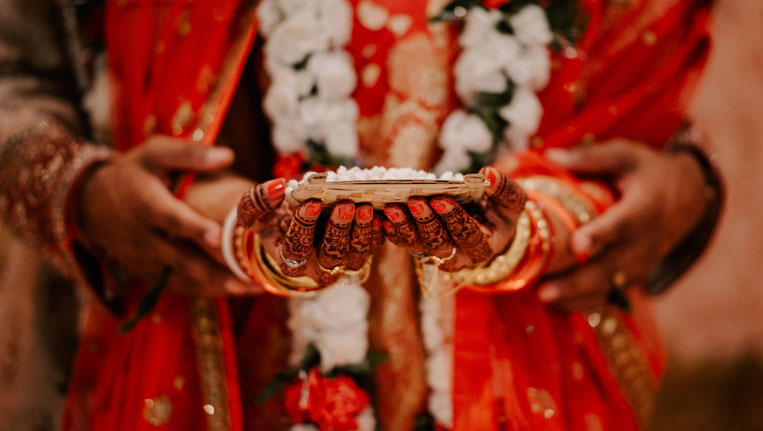
-
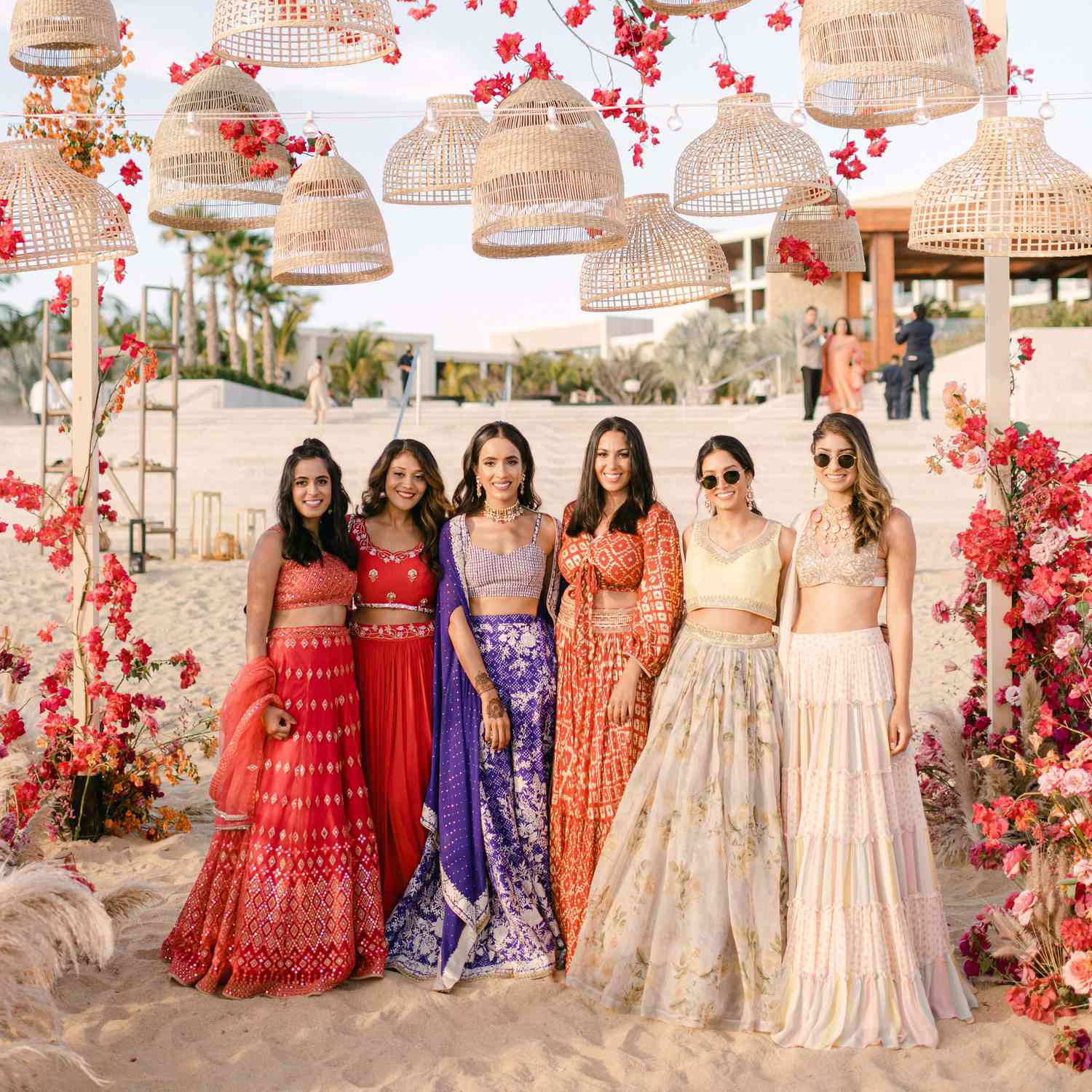
-
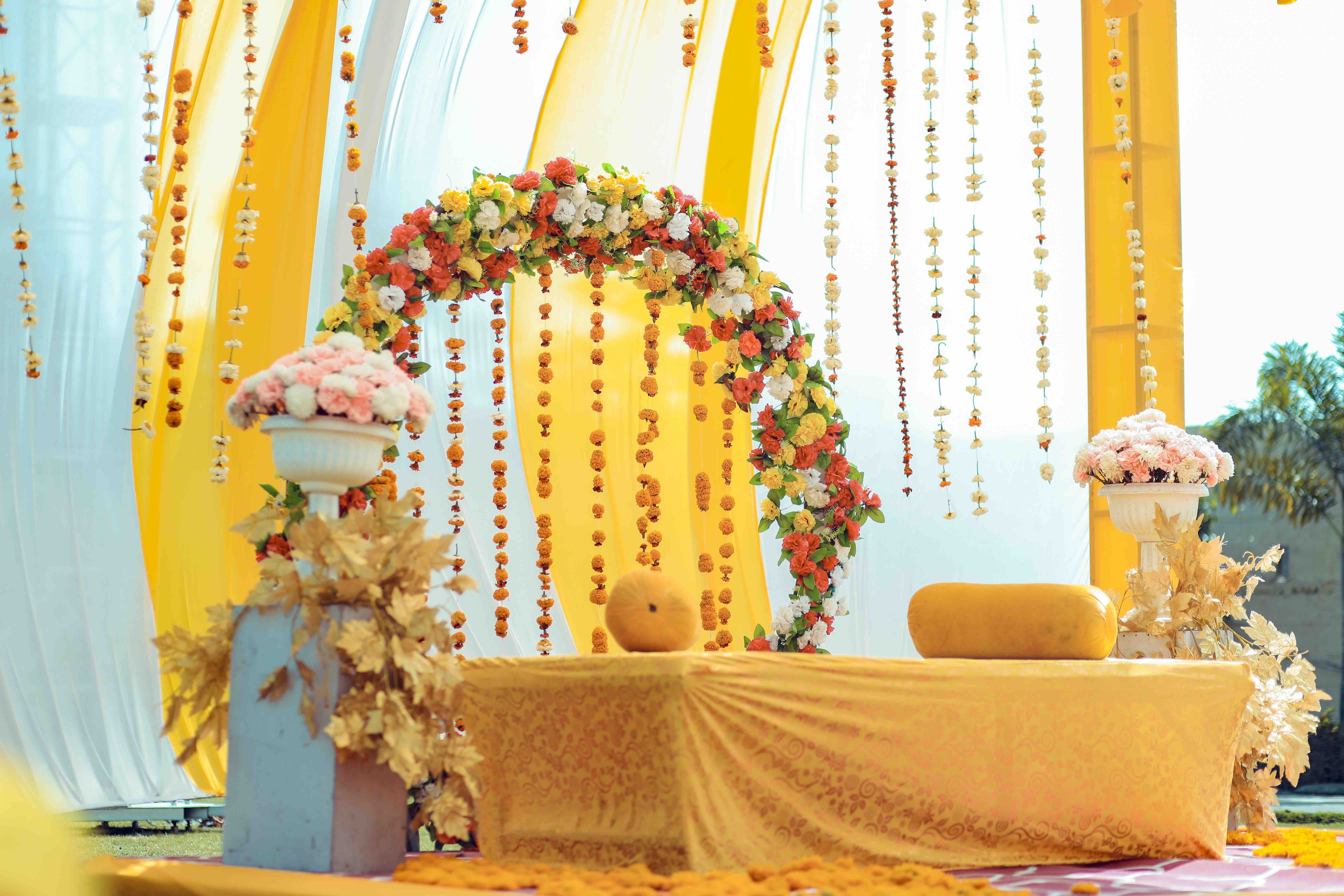 Elevate Your Haldi and Mehandi Ceremony Glam
Elevate Your Haldi and Mehandi Ceremony GlamNeeraj Singh
-
 How Engagement Party should be celebrated
How Engagement Party should be celebratedLeonard Bernstein
-
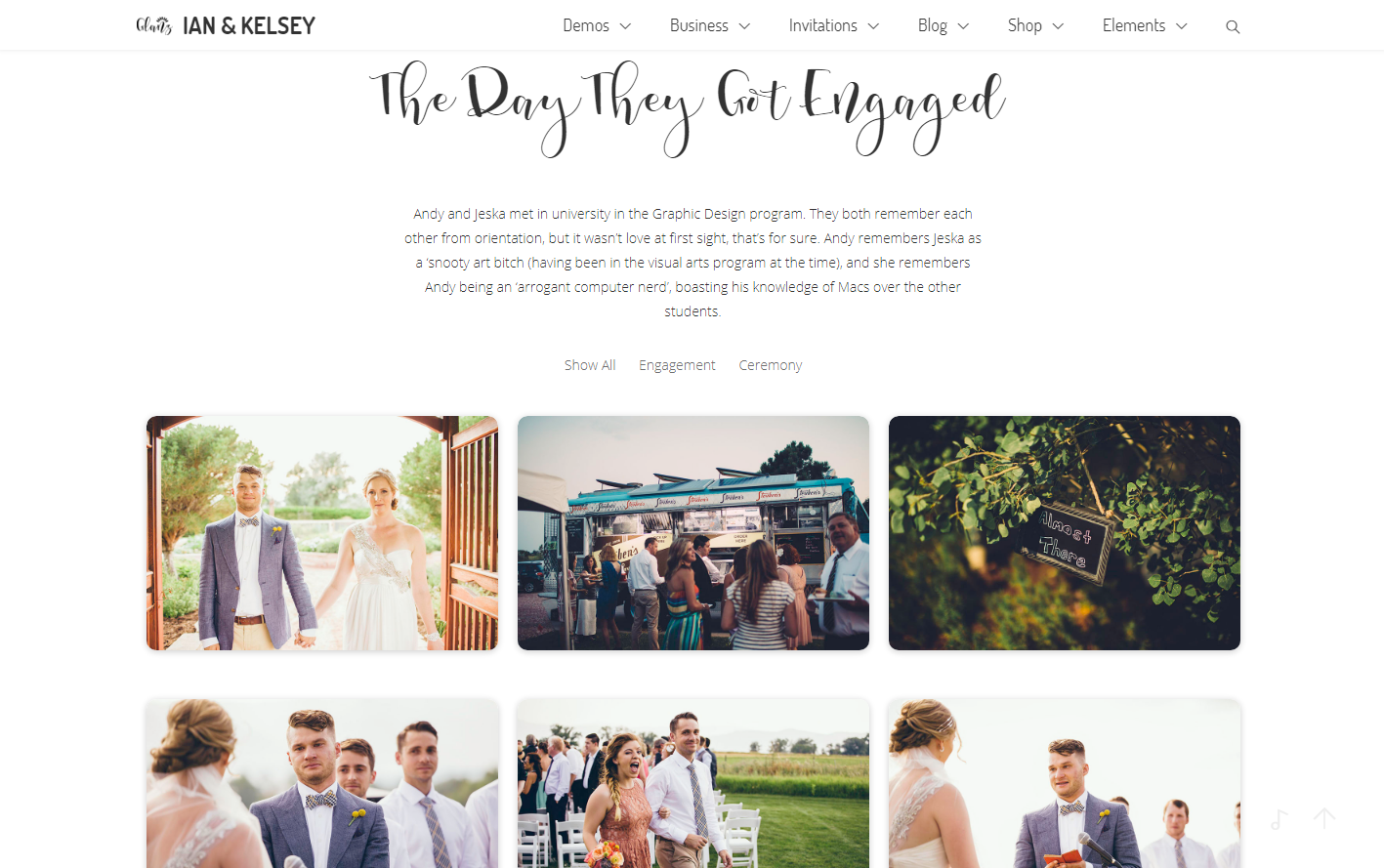 What to include in my Wedding Website
What to include in my Wedding WebsiteDream Wedds
-

-

-

-

-
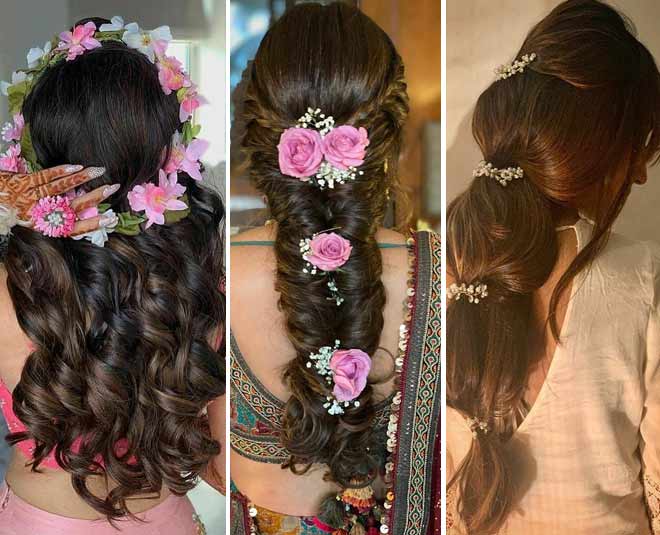
-
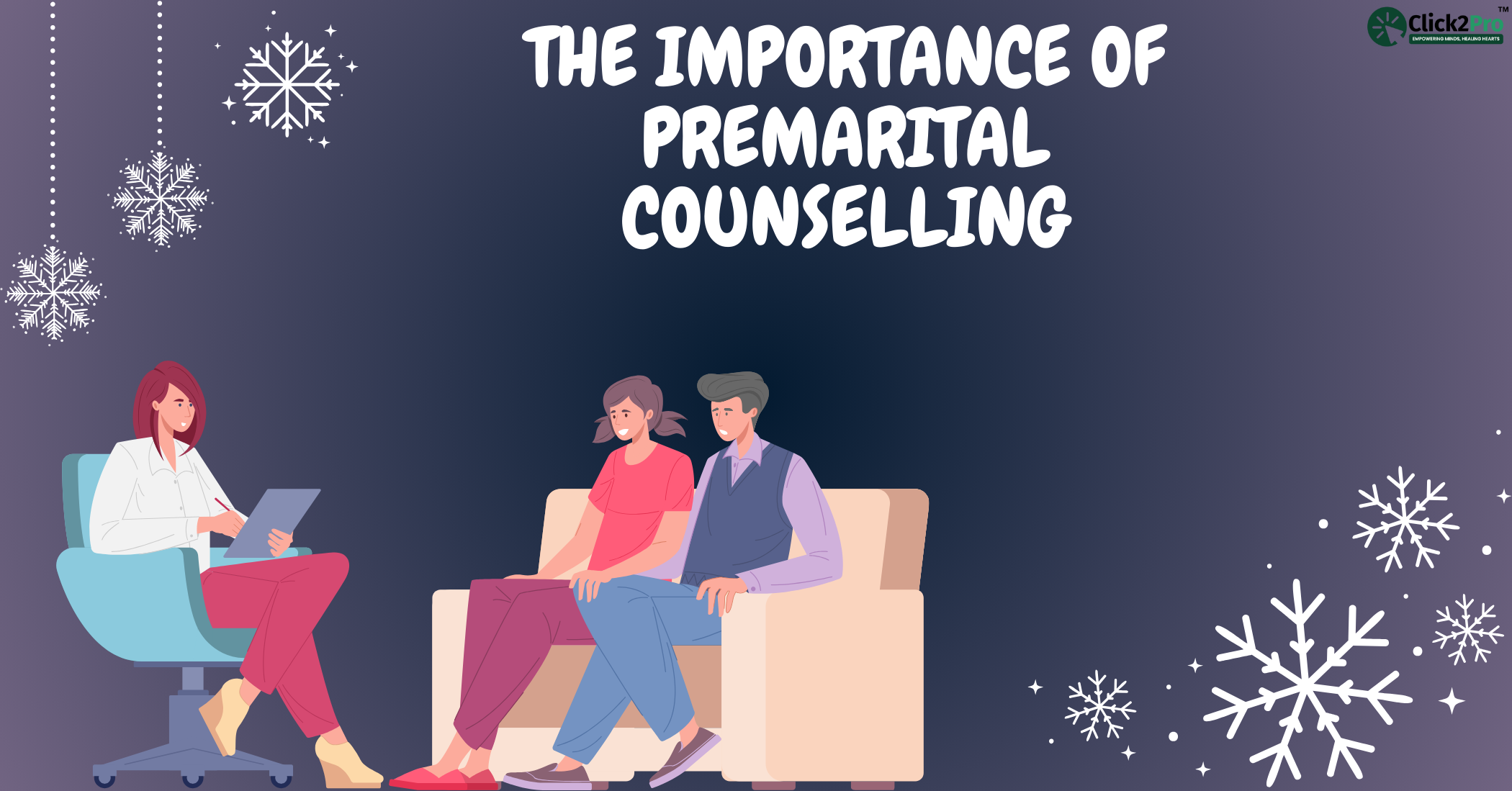
-
-

-
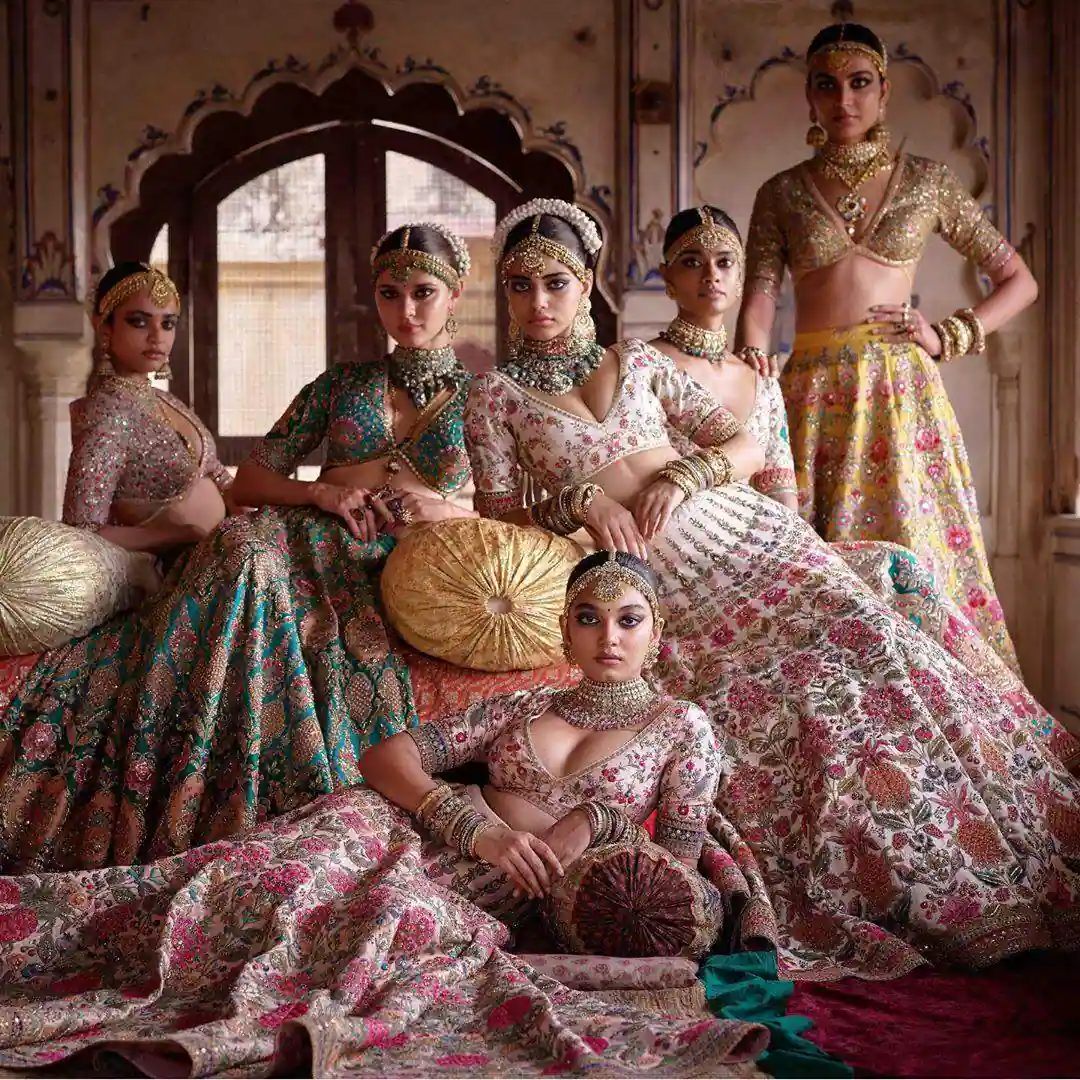
-
 The Ultimate Wedding Planning Checklist for Indian Weddings
The Ultimate Wedding Planning Checklist for Indian WeddingsSimranpreet Singh
-
 A Guide to Health, Wellness post Marriage
A Guide to Health, Wellness post MarriageSaujanya Bose
-
-
 YOUR BIO AND HOW WE MET
YOUR BIO AND HOW WE METLeonard Bernstein
-

-
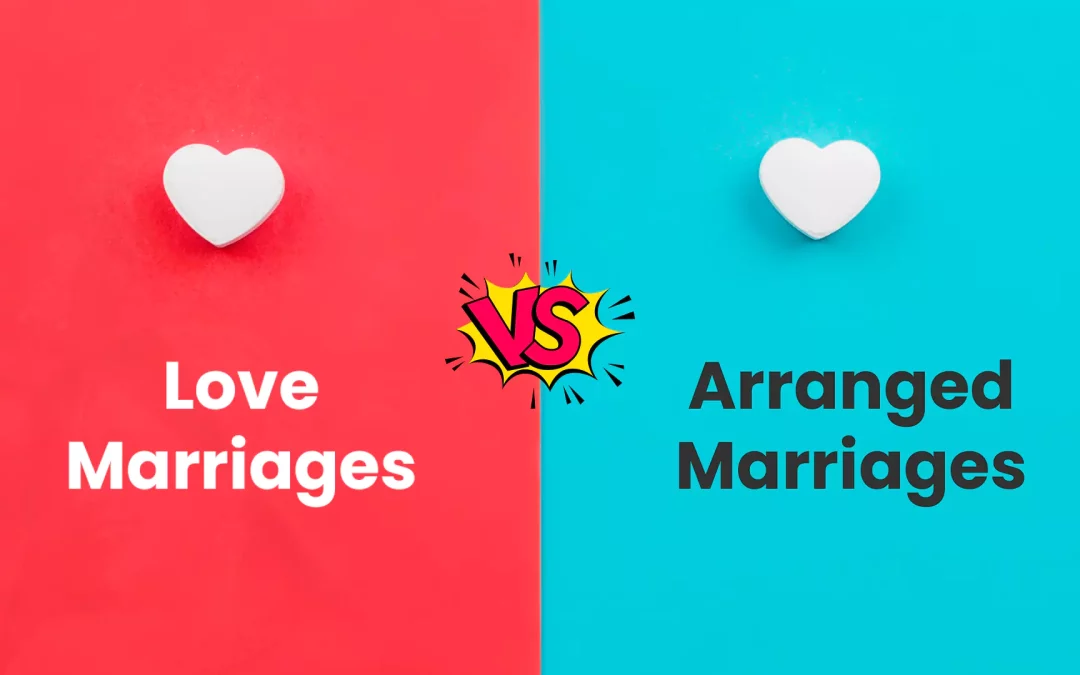
-

-

-
-

-

-

-
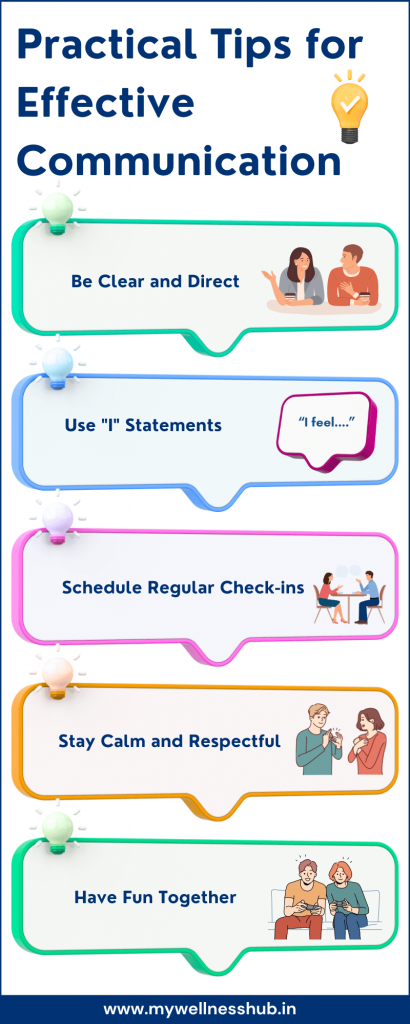
-
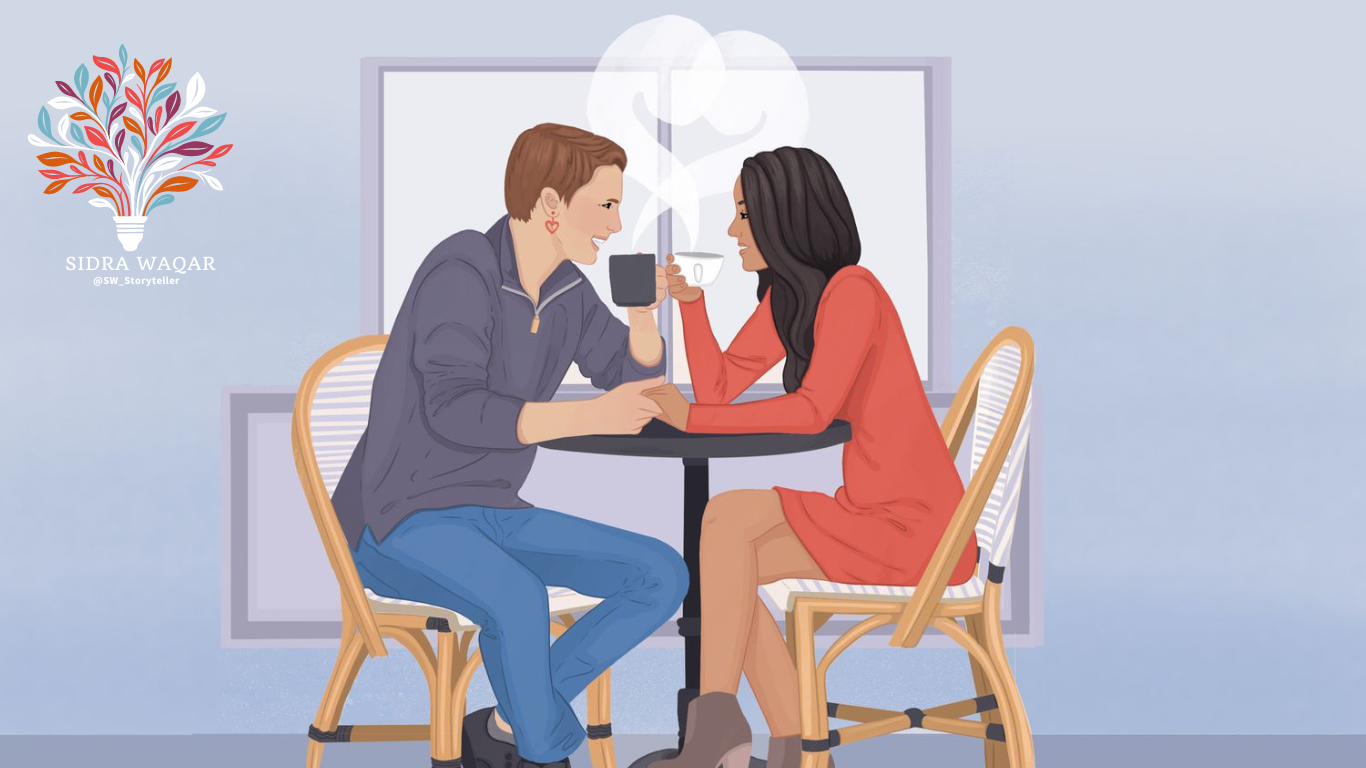
-

-

-

-
 Selecting the Perfect Foundation Shade: Your Ultimate Guide
Selecting the Perfect Foundation Shade: Your Ultimate GuideDreamWedds Team
-
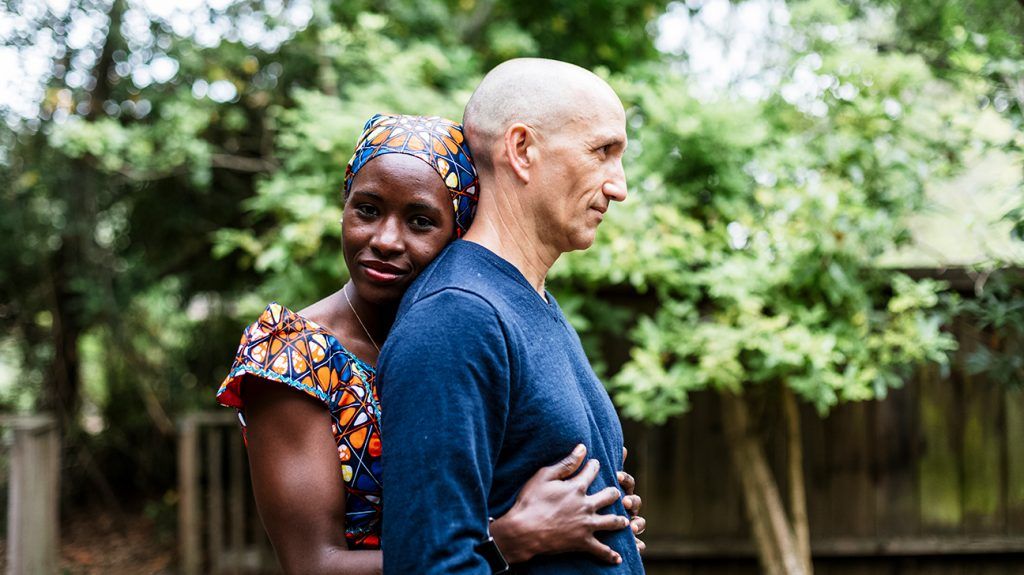
-
-

-
 Fade Dark Spots: Natural Remedies and Tips for Clearer Skin
Fade Dark Spots: Natural Remedies and Tips for Clearer SkinDreamWedds Team
-

-
 Personal Space: The Key to a Healthy and Balanced Marriage
Personal Space: The Key to a Healthy and Balanced MarriageDreamWedds Team
-

-

-

-
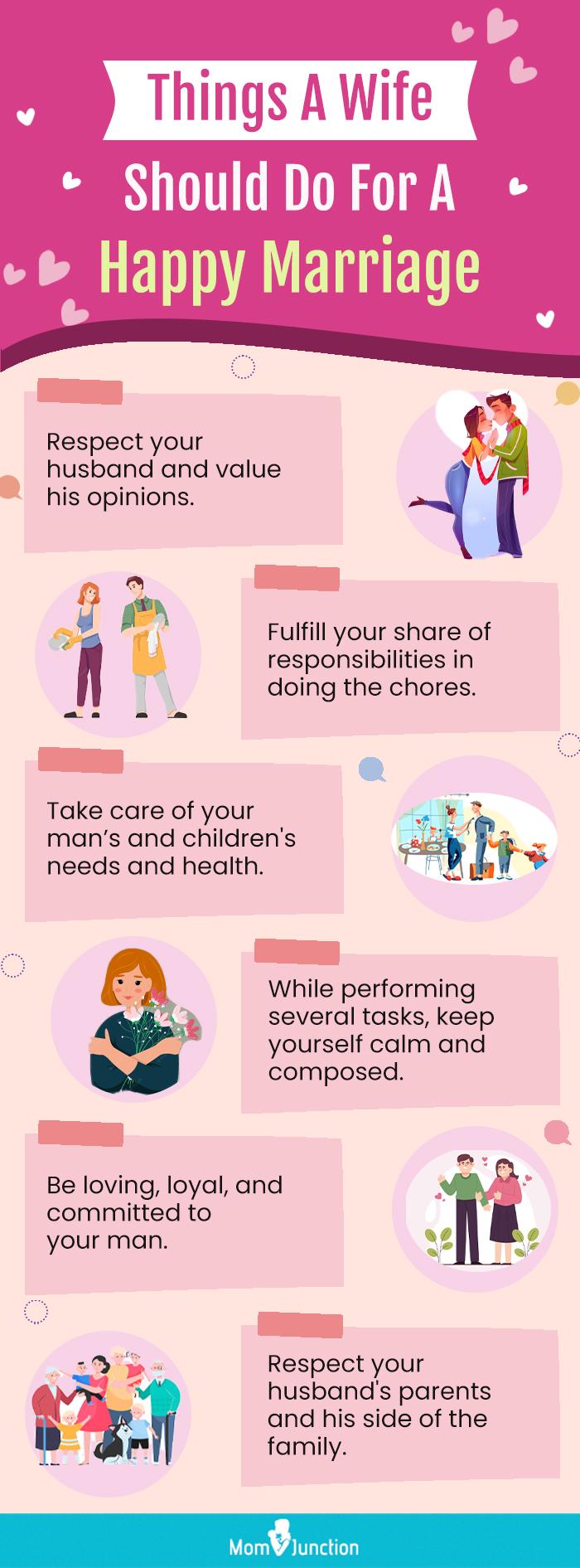
-
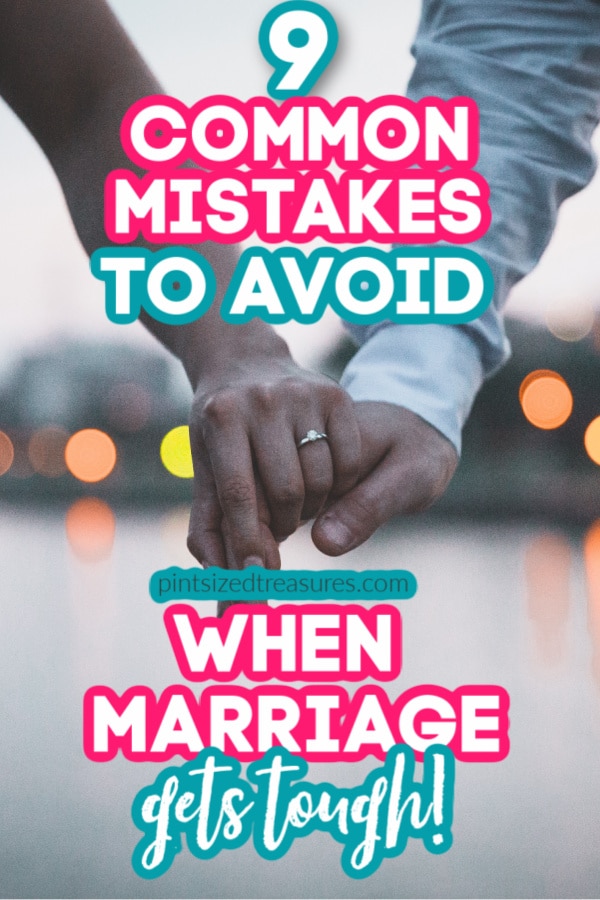
-

-

-

-

-

-
 The Ultimate Guide to Achieving Long-Lasting Bridal Makeup
The Ultimate Guide to Achieving Long-Lasting Bridal MakeupDreamWedds Team
-
 Health and Wellness for Brides and Grooms
Health and Wellness for Brides and GroomsDreamWedds
-

-
-
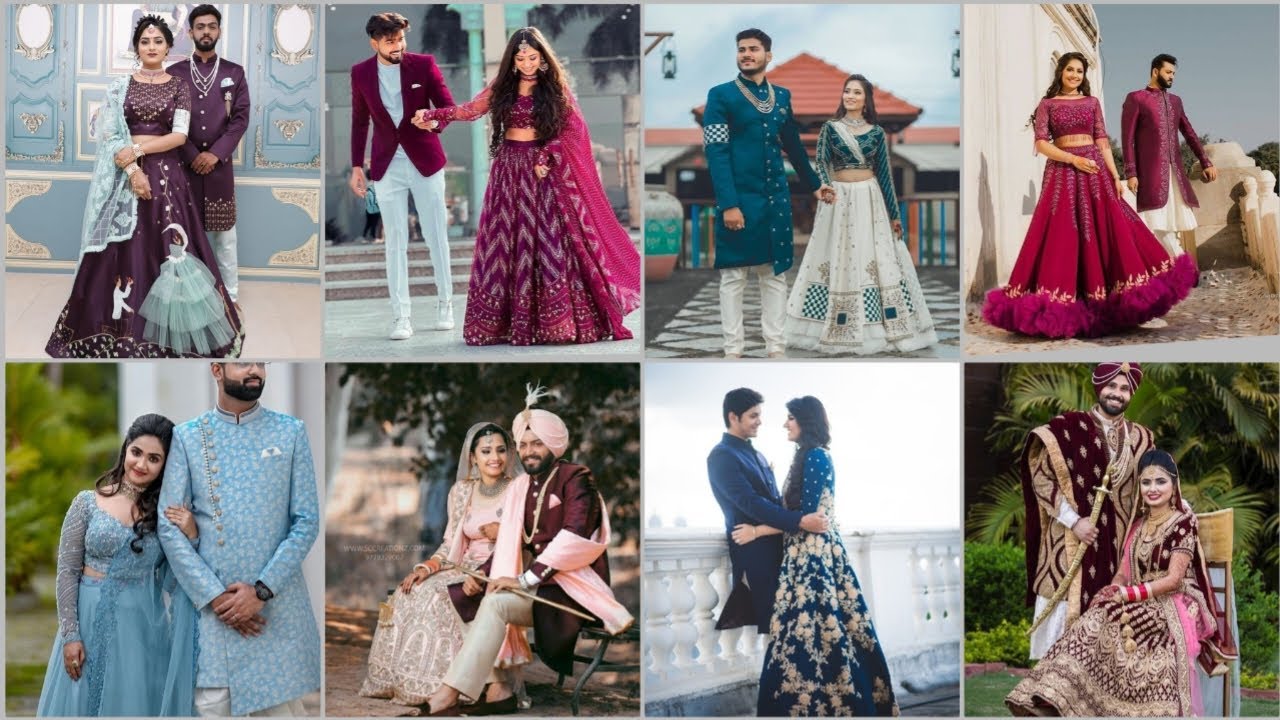
-

-
:max_bytes(150000):strip_icc()/Kitzcornermedium-c9abd848ea634040a06bb6db8b8a7304.jpg)
-

-
 Makeup Basics: Essential Cosmetics Every Beginner Should Own
Makeup Basics: Essential Cosmetics Every Beginner Should OwnDreamWedds Team
-

-

-

-

-

-

-

-
-
 Virat & Anushka: A Fairytale Wedding to Remember!
Virat & Anushka: A Fairytale Wedding to Remember!Yashashvi Mathur
-

-

-

-

-
 The Importance of a Bridal Makeup Trial for Your Wedding Day
The Importance of a Bridal Makeup Trial for Your Wedding DayDreamWedds Team
-

-
 Effective Natural Skincare Remedies to Reduce Pore Size
Effective Natural Skincare Remedies to Reduce Pore SizeDreamWedds Team
-







